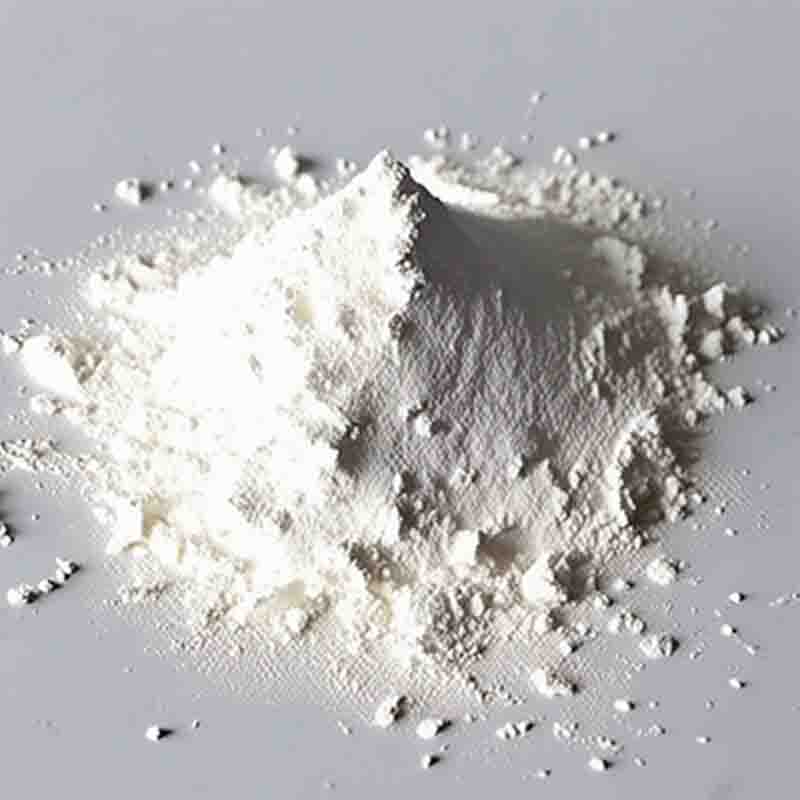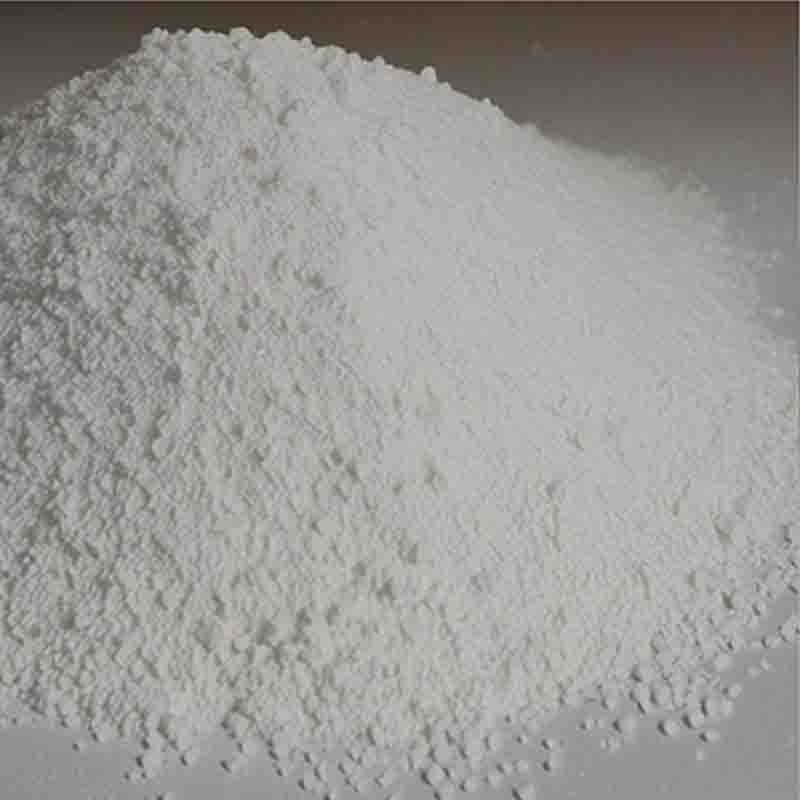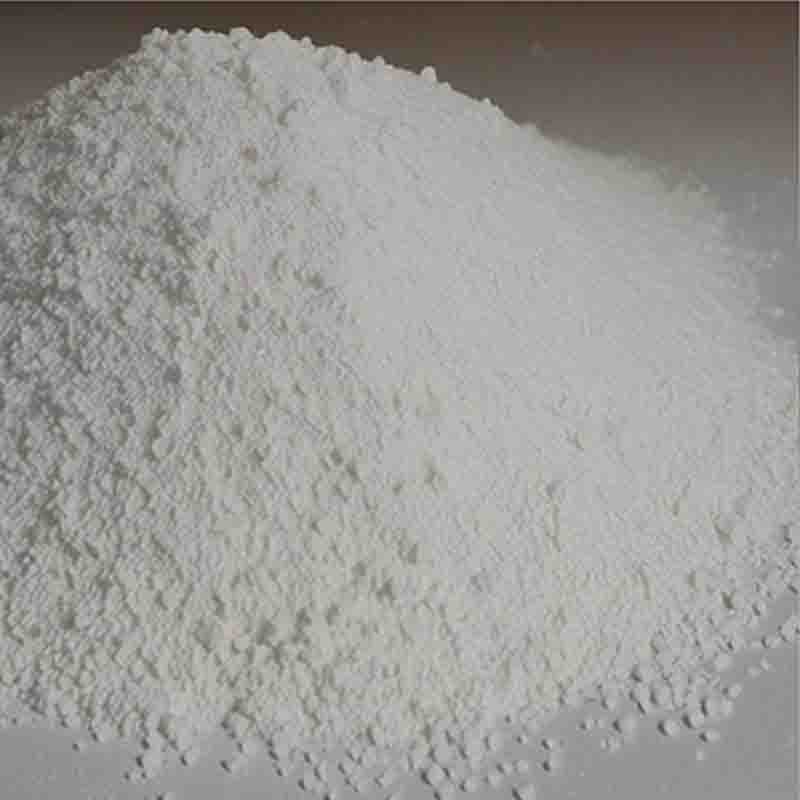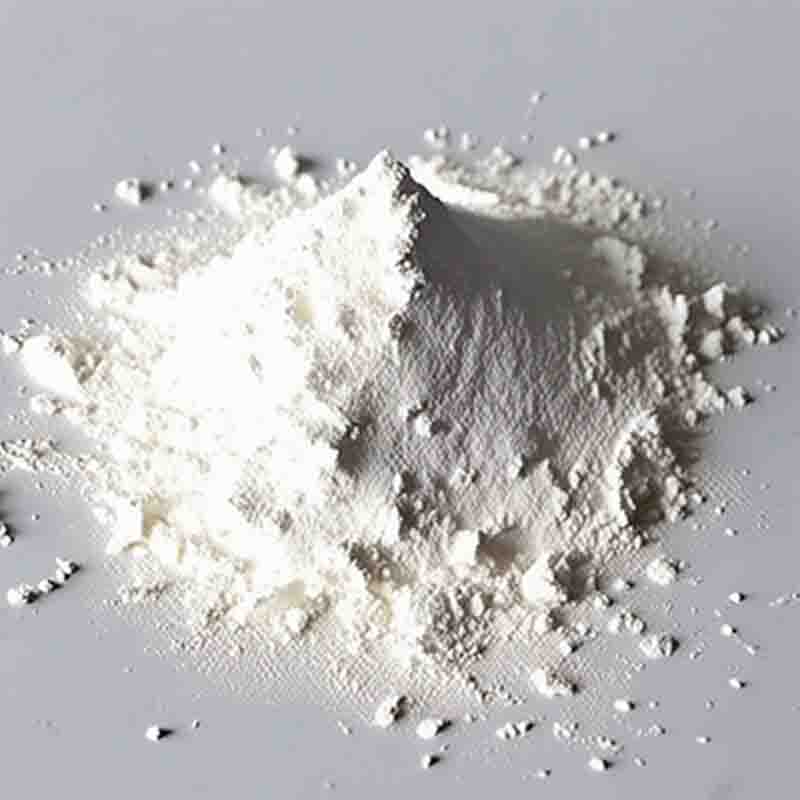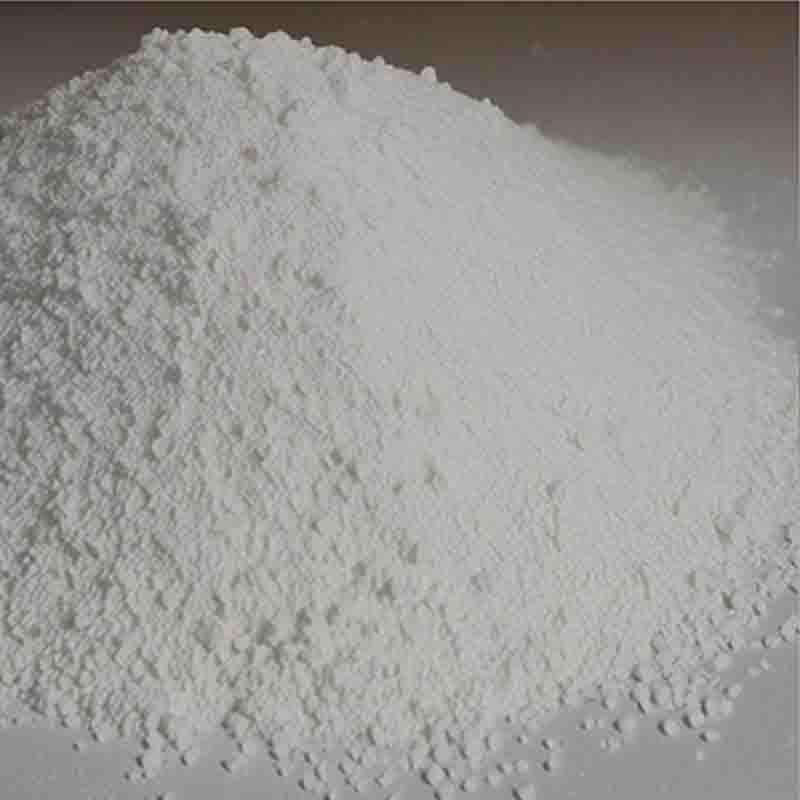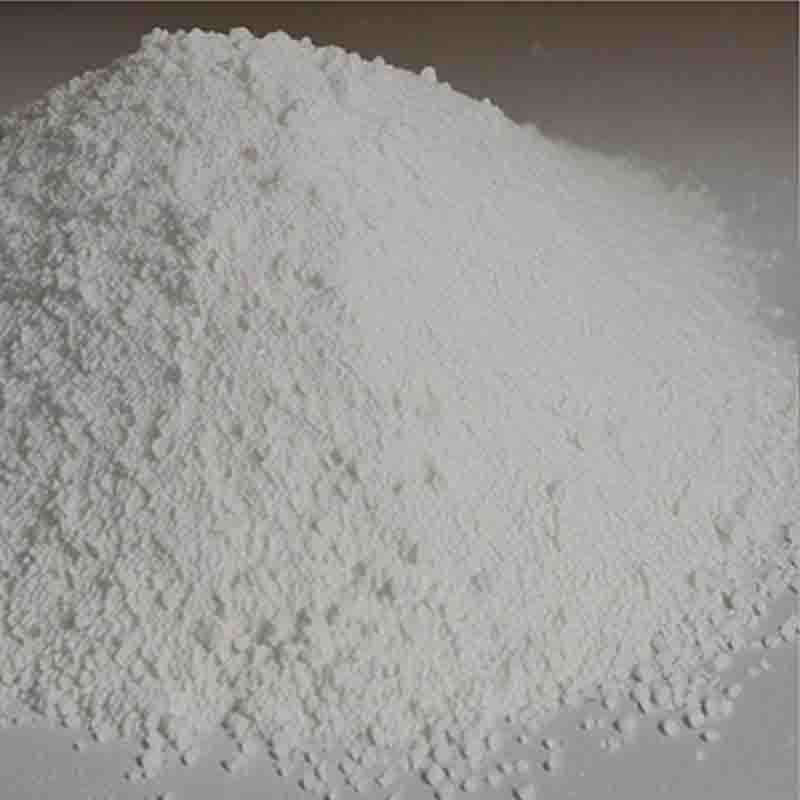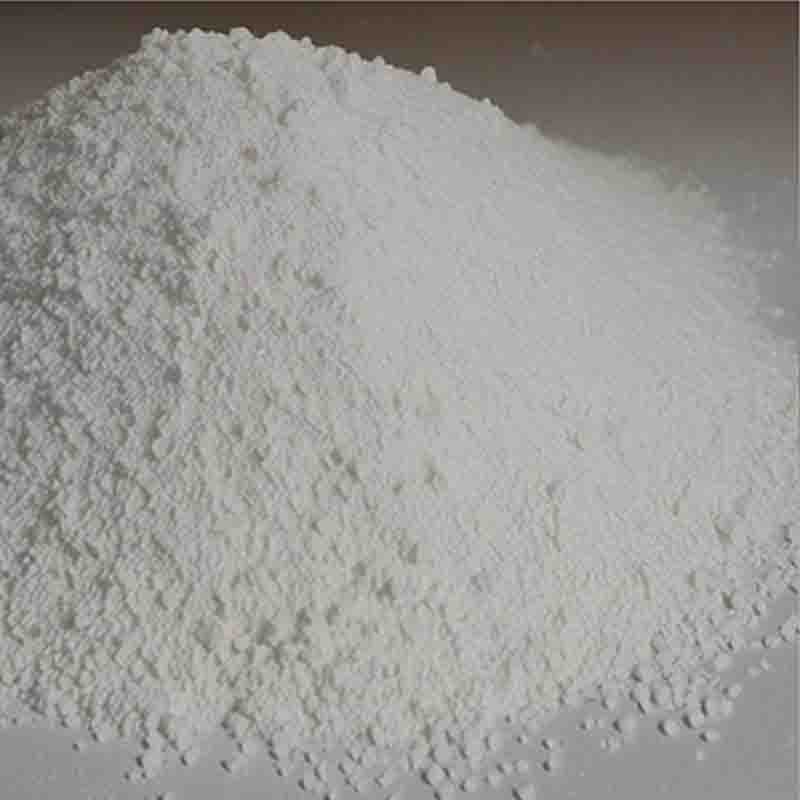Indomethacin CAS: 74252-25-8
| Catalog Number | XD94016 |
| Product Name | Indomethacin |
| CAS | 74252-25-8 |
| Molecular Formula | C34H40ClNO4 |
| Molecular Weight | 562.146 |
| Storage Details | Ambient |
Product Specification
| Appearance | White powder |
| Assay | 99% min |
Indomethacin is a nonsteroidal anti-inflammatory drug (NSAID) that is commonly used for its analgesic, anti-inflammatory, and antipyretic effects. It belongs to the class of drugs known as cyclooxygenase (COX) inhibitors, which work by inhibiting the production of prostaglandins, chemicals in the body that promote inflammation, pain, and fever.One primary use of indomethacin is in the management of inflammatory conditions such as rheumatoid arthritis, osteoarthritis, and ankylosing spondylitis. By reducing inflammation and relieving pain, indomethacin helps improve joint mobility and function, allowing patients to engage in daily activities more comfortably.Indomethacin is also effective in the treatment of moderate to severe pain, such as that associated with gout, bursitis, tendonitis, and postoperative discomfort. Its potent analgesic properties make it an effective option for short-term pain relief.In addition to its anti-inflammatory and analgesic effects, indomethacin is sometimes used off-label for its tocolytic properties. In certain cases, indomethacin may be prescribed to delay premature labor by inhibiting uterine contractions. However, this use is typically reserved for specific situations, and the decision is made on a case-by-case basis.Indomethacin comes in various formulations, including oral capsules, extended-release capsules, suppositories, and injections. The choice of formulation is based on the specific needs of the patient, the severity of the condition, and the desired duration of action. The dosage and duration of indomethacin treatment are determined by the healthcare professional and should be followed strictly to avoid potential side effects.While indomethacin is generally well-tolerated, it can cause side effects. These may include gastrointestinal symptoms such as stomach pain, nausea, and ulcers. Rare but serious adverse reactions may occur, such as cardiovascular events or liver toxicity. It is essential to promptly report any unusual or severe side effects to a healthcare professional.In conclusion, indomethacin is a potent NSAID used primarily for its anti-inflammatory, analgesic, and antipyretic effects. It is widely employed in the management of various inflammatory conditions and provides effective pain relief. However, its use should be carefully monitored, and patients should be aware of the potential side effects. It is always recommended to consult with a healthcare professional for proper dosing and management of indomethacin treatment.


